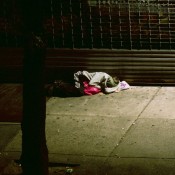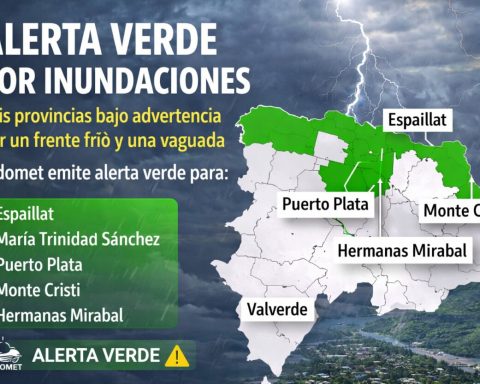
In a controversial statement, the former Minister of the Interior and current senator of the National Party, Luis Alberto Heber, proposed at the congress of the Herrera sector that living on the street should become a crimesuggesting that homeless people should perform community service as a form of punishment. Heber said that citizens are taking justice into their own hands due to the presence of people sleeping on the streets in front of their homes or businesses, a situation that he described as intolerable.
“We must care for those who live on the streets, of course we do, and the Ministry of Social Development (MIDES) is already working on it. But we are not solving the issue of coexistence,” said Heber, appealing to an argument that seems to blame the victims of poverty rather than seek effective and humane solutions to their problems.
Heber continued by pointing out that both in the interior of the country and in Montevideo, residents “can’t stand” seeing homeless people sleeping in public, which, in his view, is generating violence and problems of coexistence. “People are finally taking justice into their own hands, being violent because they can’t stand these people living in front of their shops, even doing their business,” said the senator, making a dangerous and simplistic link between homelessness and violence.
Although Heber acknowledged the work done by MIDES in terms of recognition, care and rehabilitation of homeless people, he insisted that a further step must be taken in terms of coexistence. He proposed that living on the streets, currently considered a misdemeanor, be transformed into a crime, and that those who do so must perform community service as a reprisal. “We have to protect our neighbors,” he said, ignoring the background of desperation and need that leads a person to live on the streets.
This approach not only criminalises the victims of a deep social problem such as homelessness, but also transfers responsibility from the State and society to the most vulnerable individuals. “1,300 people cannot generate the fear that exists in Uruguayan society due to a situation that occurs all over the world,” added Heber, minimising the complexity of the crisis and proposing a solution based on repression rather than support and social reintegration.
A crisis that continues to worsen
In an interview with Informativo Sarandí, Fernanda Auersperg, National Director of Social Protection at MIDES, warned that homelessness is a phenomenon that has been growing since 2006.
“Many times we have the frustration of the neighbor who calls MIDES and then we go but we can’t do anything because the person doesn’t care about going to a shelter,” said Auersperg.
According to the latest MIDES survey, there are 1,360 homeless people in Uruguay, a number that continues to increase, highlighting the need for comprehensive and effective policies, not criminalization.



















